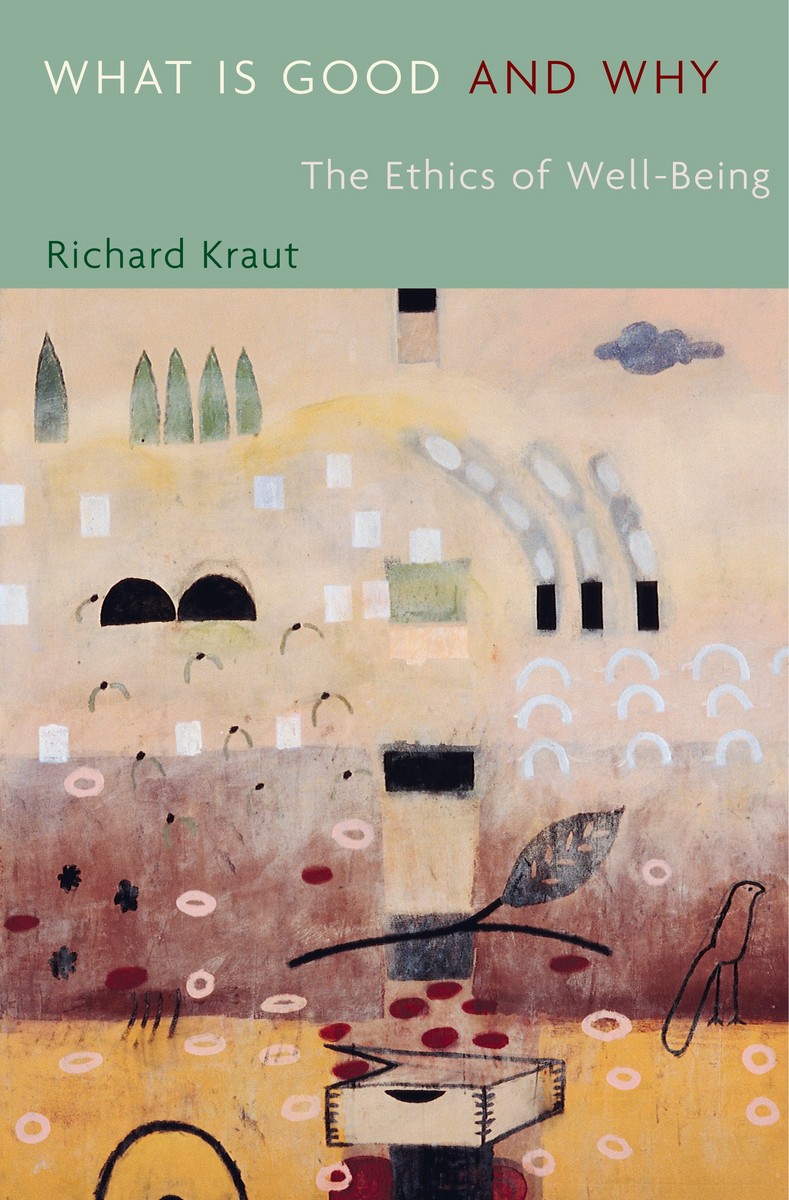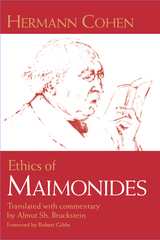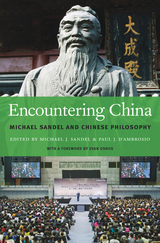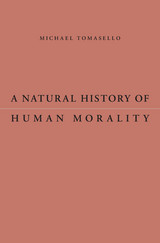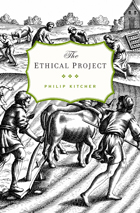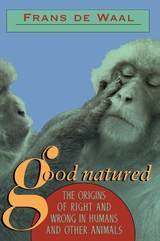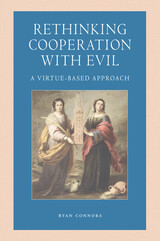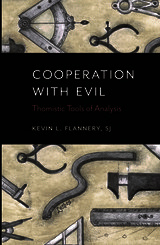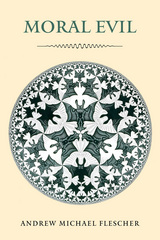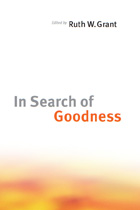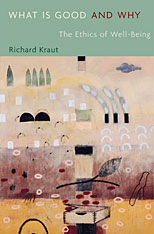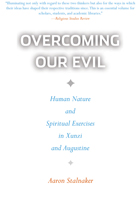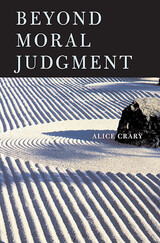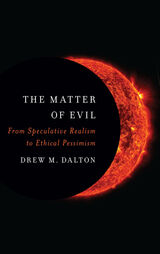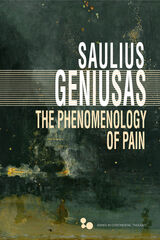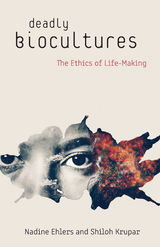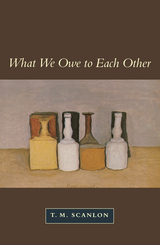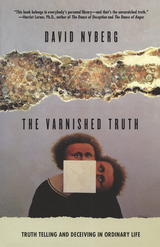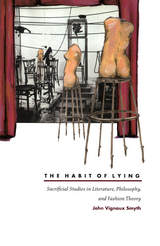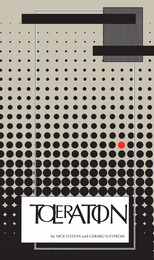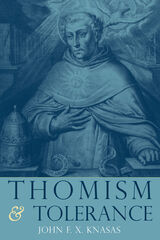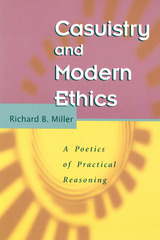Kraut's account fills a wide gap in the literature. What is Good and Why is a superb work, one that should have long-lasting influence.
-- Samuel Freeman, University of Pennsylvania
What is Good and Why is filled not just with clearly expressed and compelling philosophical arguments, but with a lot of sound practical wisdom. It is enjoyable, enlightening, and also quite revolutionary. It deserves--and will benefit--a very wide readership.
-- C. D. C. Reeve, author of Love's Confusions
Continuing in the tradition of Socrates and Plato, Kraut seeks to examine the nature of 'goodness' and proposes that 'we should ask what we commit ourselves to when we call something good for someone.'...According to Kraut, goodness is not a mind-constructed value, nor is it related to moral concepts such as right and wrong. Instead, it is based on existent world values. These values all contain similar characteristics that add to our cognitive, social, and physical well-being. Through coherent writing and familiar examples, Kraut does a wonderful job of showing that what is good does not require abstract analysis but can instead be found by combining common sense and rationality.
-- Scott Duimstra Library Journal
Have Rawls and Nozick met their match? The titans of late-twentieth-century social philosophy do indeed find an acute critic--and possible successor--in Kraut. For in this groundbreaking inquiry into the nature of goodness, Kraut exposes the inadequacy of all previous ethical thinking, including Rawls' and Nozick's. Kraut is particularly thorough in his demolition of the cognitive theory that requires each individual to construct his or her own definition of the good. Because good must mean good for, Kraut argues, human good finally entails whatever fosters human flourishing, a flourishing that almost everyone can recognize and agree on...Religious-minded readers may protest that Kraut metaphysically impoverishes human goodness when he explicitly rejects immortality. But many other readers will praise him for enriching contemporary dialogue about fundamental ethical questions. An essential acquisition in social philosophy.
-- Bryce Christensen Booklist (starred review)
The view [Kraut] develops, while having affinities with other recent work, is nevertheless substantially original and worked out in impressive detail.
-- Guy Kahane Times Higher Education Supplement
Offers an original, persuasive, and substantial defense of an Aristotelian approach to ethics for today. His central claim is that all good practical arguments in ethics rest on claims about what is good or bad for someone. Like utilitarianism, Kraut places good at the heart of morality—but without what he regards as its misplaced emphasis on desire satisfaction, quantification, or maximization. Like Kantianism, Kraut recognizes the importance of considerations of duty and justice—but without what he regards as its failure to ground them in harm and benefit to others. Kraut situates his approach within contemporary discussions of ethical theory, considering, for example, John Rawis, Thomas Nagel, T. M. Scanlon, James Griffin, and Joseph Raz, as well as older theorists such as Jeremy Bentham, J. S. Mill, Henry Sidgwick, G. E. Moore, and W. D. Ross. This approach gives his work depth and relevance, though he discusses few in detail. In summary, this volume offers a robust defense of a non-Kantian, nonutilitarian approach to ethics.
-- H. Oberdiek Choice
